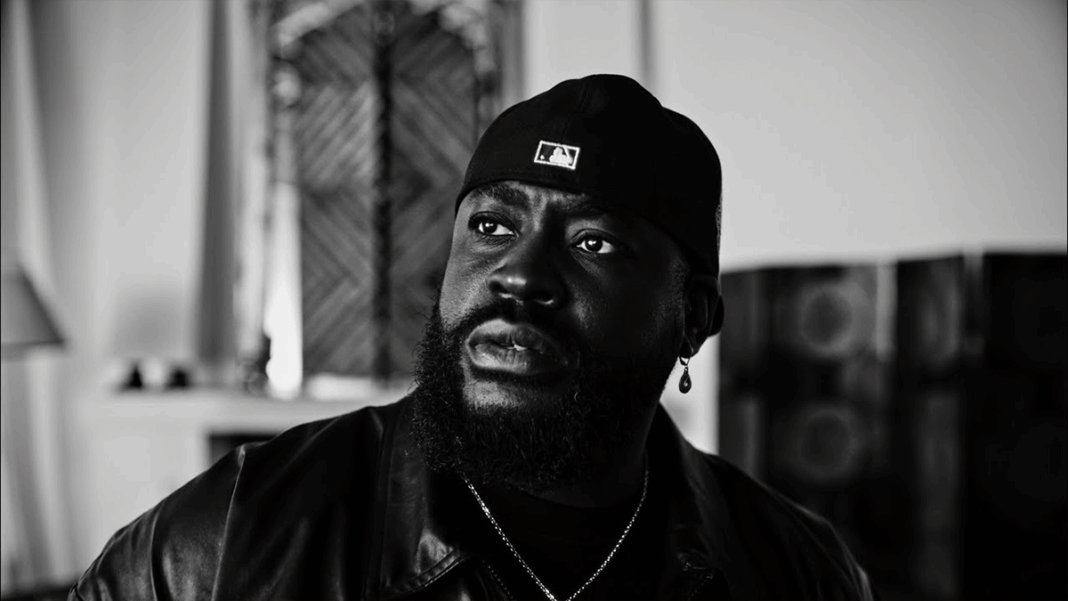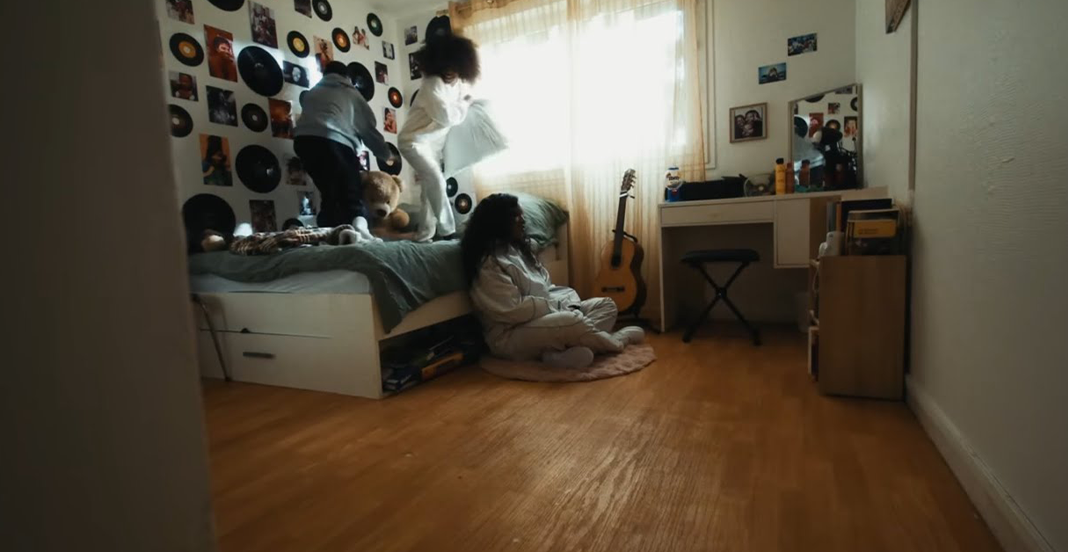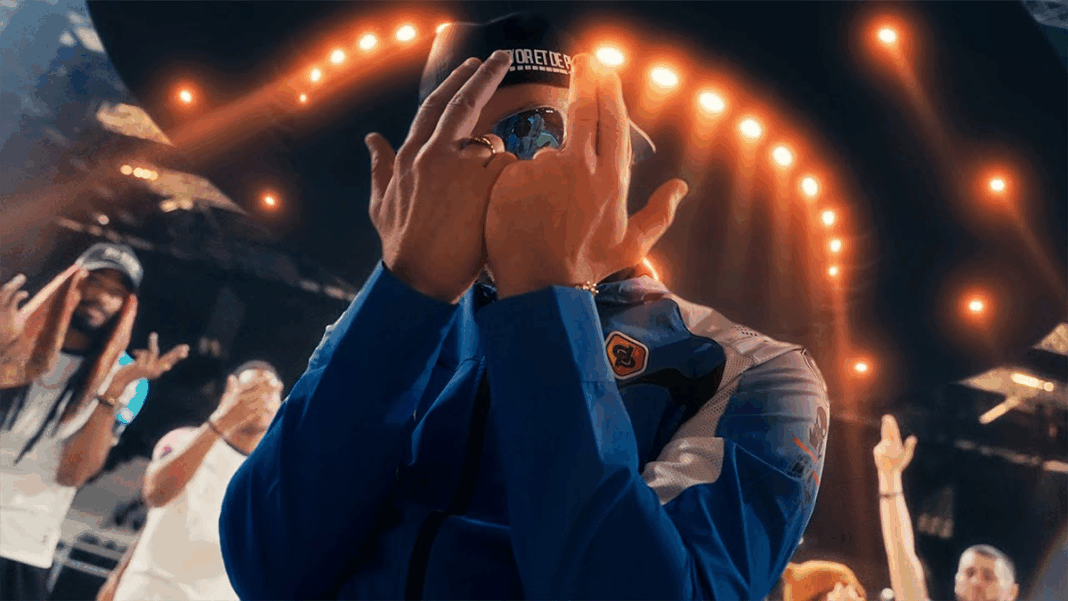Tuerie is a French-Cameroonian artist at the crossroads of styles, constantly pushing boundaries in search of new sonic territories. In 2021, he released “Bleu Gospel”, a project whose evocative title echoes the deeply rooted sounds of African American culture, drawing comparisons to artists like Kendrick Lamar, Chance The Rapper, and many others. Before that, he performed under the alias “Tuerie Balboa”. With “Bleu Gospel”, he marked a turning point — a true metamorphosis. In “Le Code”, he reveals that this artistic evolution stemmed from a major personal upheaval.
Shortly before the release of “Bleu Gospel”, Tuerie lost his job as a youth counselor in Boulogne-Billancourt and found out he was going to become a father. Standing at a life-defining crossroads, he chose to fully embrace music. Genre fusion became his musical DNA. With “Les Amants Terribles”, he explores a concept that is both emotional and creative. Against a backdrop of societal shifts and growing feminist movements, the rapper questions the nature of romantic relationships, addressing the complexities of love and partnership from multiple angles.
The project also nods to iconic influences — most notably Jay-Z with “Boulbi State of Mind”, a clear homage to “Compton State of Mind” by Kendrick Lamar. In both his sample choices and instrumental production, the influence of Kendrick is unmistakable. His most recent release, the video for “Sorcière”, taken from “Les Amants Terribles”, adds yet another layer to this ambitious narrative.
Is Tuerie trying to chase the “Sorcière”?
The instrumental was crafted by Yako, a beatmaker known for unexpected and authentic collaborations. He has previously worked with artists like Benjamin Epps. On the project “La Grande Désillusion”, he produced tracks such as “Vivre”, “Libre”, “La Tension”, and Très tard le soir“. He also collaborated with Norsacce Berlusconi, showcasing yet another musical dimension. Here, the production is twofold: starting with a haunting piano solo before exploding into a modern, urban crescendo. The clip closes with a dance sequence — a nod to a sometimes overlooked but vital element of “Hip-Hop” culture.
In his lyrics, Tuerie paints the portrait of a relationship that’s as toxic as it is passionate:
“I thought I was the conductor, the master keyboard
The one to help you forget your shitty routine — damn, you would’ve had that Goyard bag
You swore your last breath to me
But now your name’s in other mouths
I could’ve won a thousand wars
But I lost the arm-wrestle… to a goddamn witch”
Word choice is everything. Beyond the refined lyricism, free from clichés, the rapper invokes the figure of the “witch” — a symbol reclaimed by contemporary feminist movements. Once a target of persecution, she now embodies the independent woman hunted by the Catholic Inquisition during the Middle Ages.
The black-and-white visual elevates this poetic “ballad” to a haunting drama. Shot in the intimacy of a single room, the video stages a constant emotional battle. A toxic bond that dissolves in a final dance, like the casting of a spell. The visual was directed by Steven Norel, who also worked with Benjamin Epps on “T’as pas la ref”.


